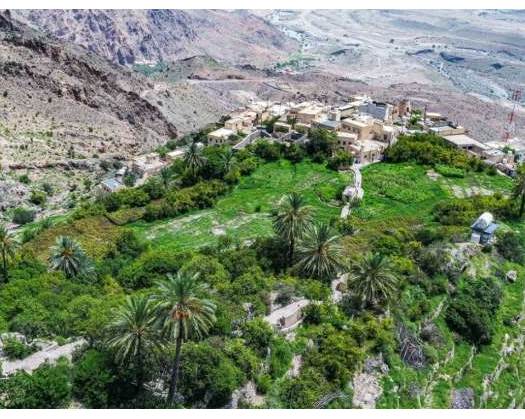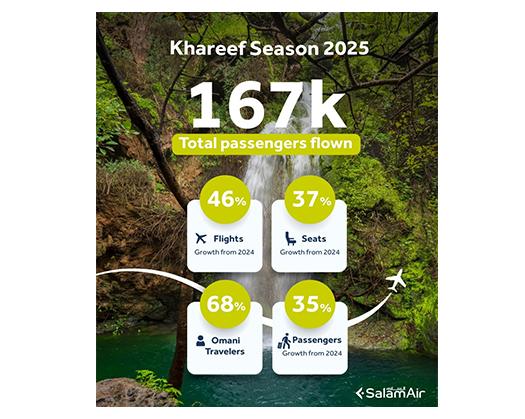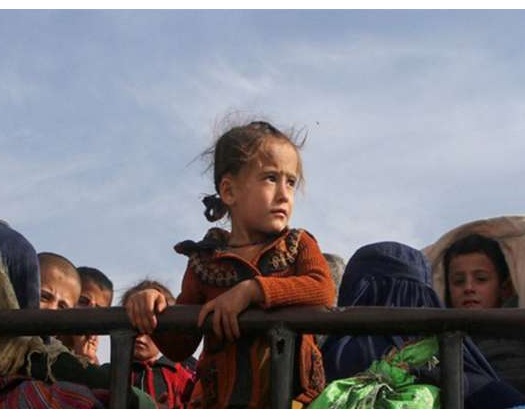Nakhal: According to data from the Ministry of Heritage and Village’s Tourism Guidance Office, Wakan Village in Wadi Mistal, located in the Wilayat of Nakhl, South Al Batinah Governorate, has attracted 19,270 visitors from January to April 2025.
There has been a notable surge in tourist numbers throughout this timeframe, with February generally recognized as the month of highest visitation. This year, the village recorded 7,888 guests in February, in comparison to 6,499 in February 2024 and 4,974 in February 2023.
The Department of Heritage and Tourism in South Al Batinah has emphasized that Wakan Village stands out as a major tourist destination in the governorate, thanks to its pleasant summer climate—akin to other elevated regions in the Western Hajar Mountains. Such favorable weather conditions enable residents to engage in agriculture year-round, especially in the cultivation of crops that flourish in temperate summer weather, like apricots, pomegranates, peaches, walnuts, and grapes.
Dr. Al-Mutasim Nasser Al Hilali, the Director of the Department of Heritage and Tourism in South Al Batinah, noted that Wakan Village has risen to tourist fame by providing distinctive experiences, which include stays in mountain lodges at high elevations, hiking through agricultural trails, and navigating ancient mountain routes that attract adventurers from across the globe.
He elaborated that Wakan's variety of attractions has established it as a viable tourism hotspot. While winter draws international visitors, particularly from GCC nations, domestic tourism peaks during the summer months, benefiting from the cooler temperatures and the harvest seasons. The significant harvest times encompass apricot picking in April, peach harvesting in June, and the collection of pomegranates and grapes from June to September.
He further mentioned that the agricultural trail in Wakan presents one of the most fulfilling experiences for visitors, allowing them to find adventure, discovery, and deeper engagement with the village's mountainous backdrop.
Reaching the trail’s summit requires climbing over 600 steps. Additionally, the village is home to historical sites, which include an ancient mosque, structures from previous neighborhoods, and terraced farms that have existed for centuries.
During this season, Wakan farmers have started the apricot harvest, with prices fluctuating between RO 2 to RO 3 per kilogram, depending on the quality of the fruit. Cultivating apricots continues to be a significant source of income for the local farming community.













